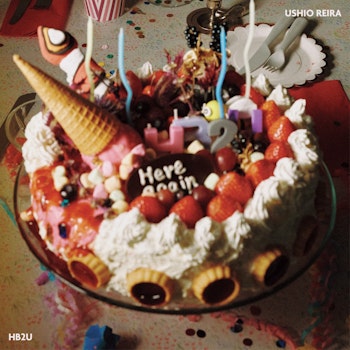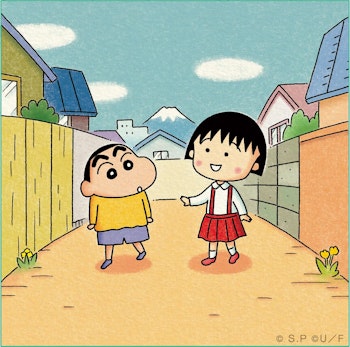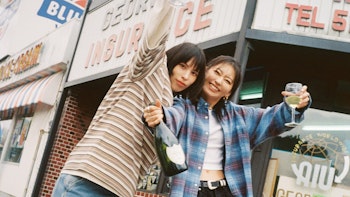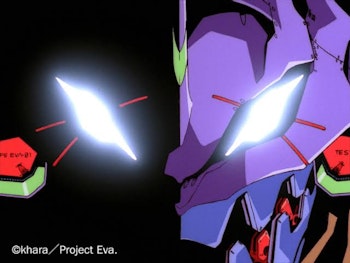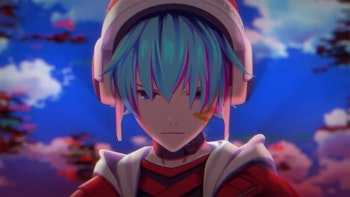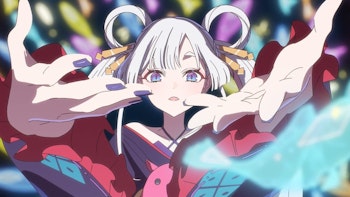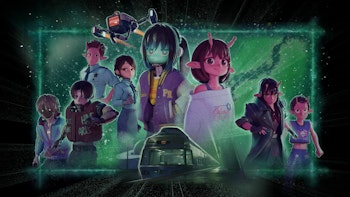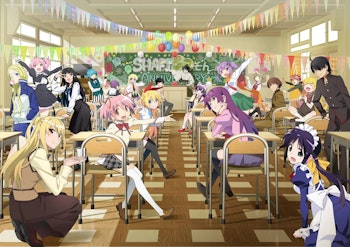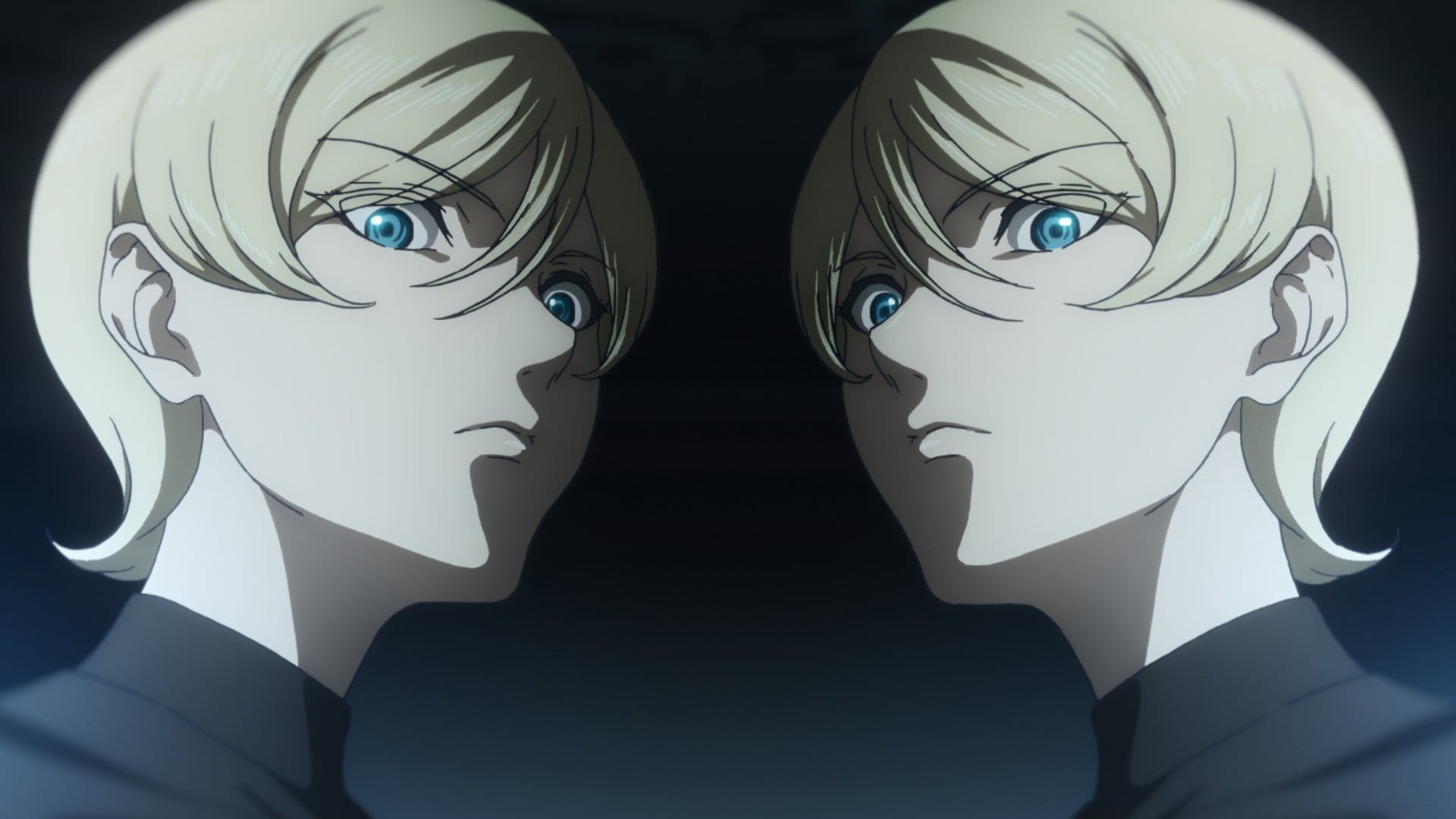
Migi & Dali is an anime series that isn’t quite what it seems. It’s a show that doesn't fit neatly into one genre because it has multiple elements that make it unique. It blends dark comedy, mystery, thriller, and suspense to create a unique story that will hook you in, surprise you, and maybe even tear up in the end.
The premise follows the titular identical twins Migi and Dali, who are about the exact same people on the surface when we first meet them. However, their personalities couldn’t be more different. Migi is the most emotional of the duo, interested in art, making friends, and settling in with his new foster family. Dali is a cold, calculating individual who possesses a keen intellect and objective perspective he uses to accomplish his goals. Both are driven by one goal: to learn the truth behind their late biological mother’s death.
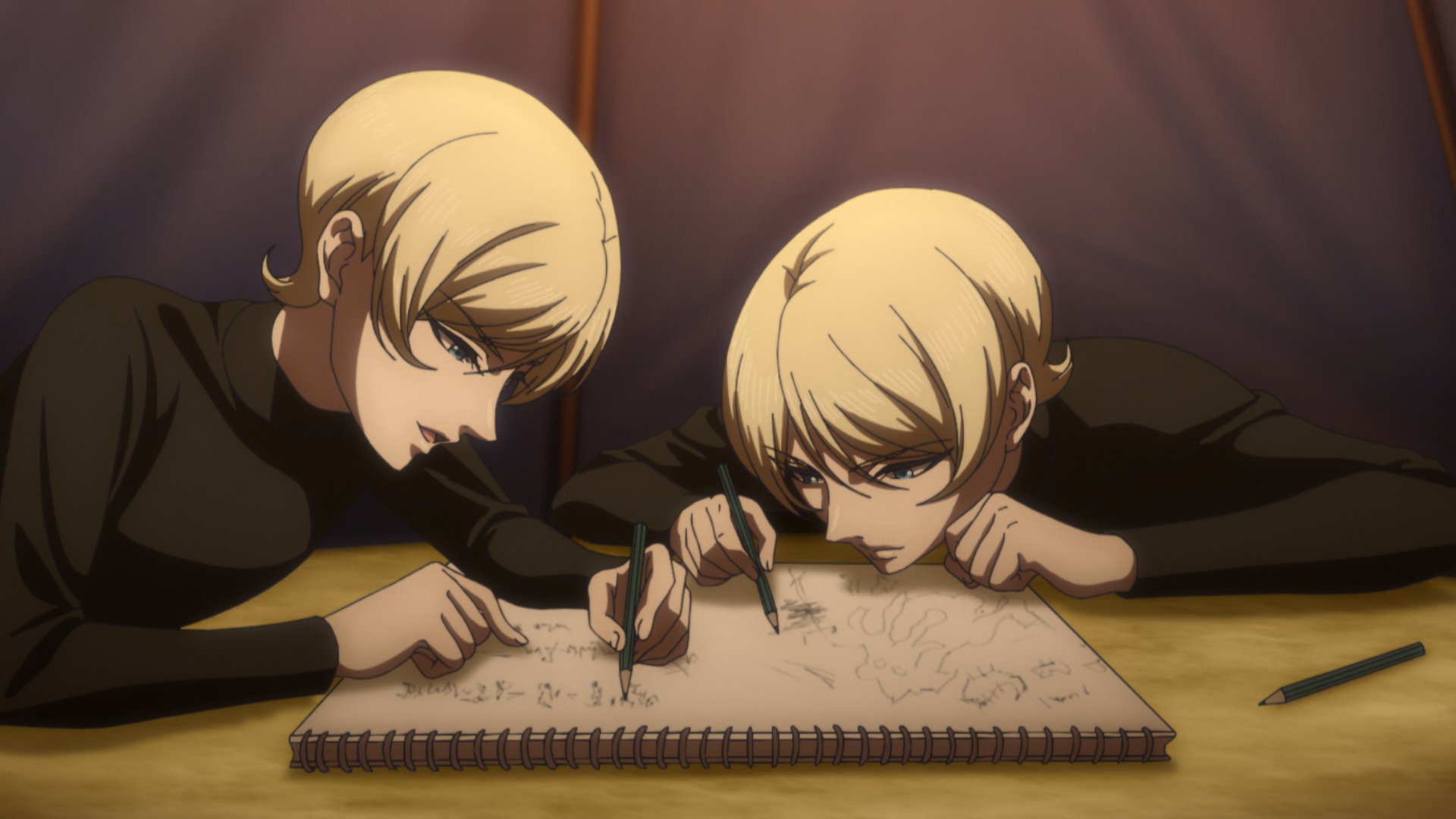
The comedy in the series is present in only some specific moments. Much of it earlier on shows the twins trying to avoid being exposed by maneuvering themselves into awkward positions. There’s one particularly funny dinner scene when they seamlessly switch positions in their seats in a brief moment when their adoptive parents’ have their attention diverted. The late creator, Nami Sano, previously worked on Haven’t You Heard? I’m Sakamoto, which similarly showcases eccentric, near impossible feats of physical comedy that’s often used to help the character escape bad situations.
Yet, the weird comedy is only one unique part of the anime, where everything feels slightly twisted and off-kilter. The show’s setting of Origon Village is a heavily Americanized Japanese rural town, which includes kitsch retro style homes and people wearing antiquated Westernized clothing. Migi and Dali’s investigations into the nature of their new home leads into the anime’s thrilling nature that only escalates further.
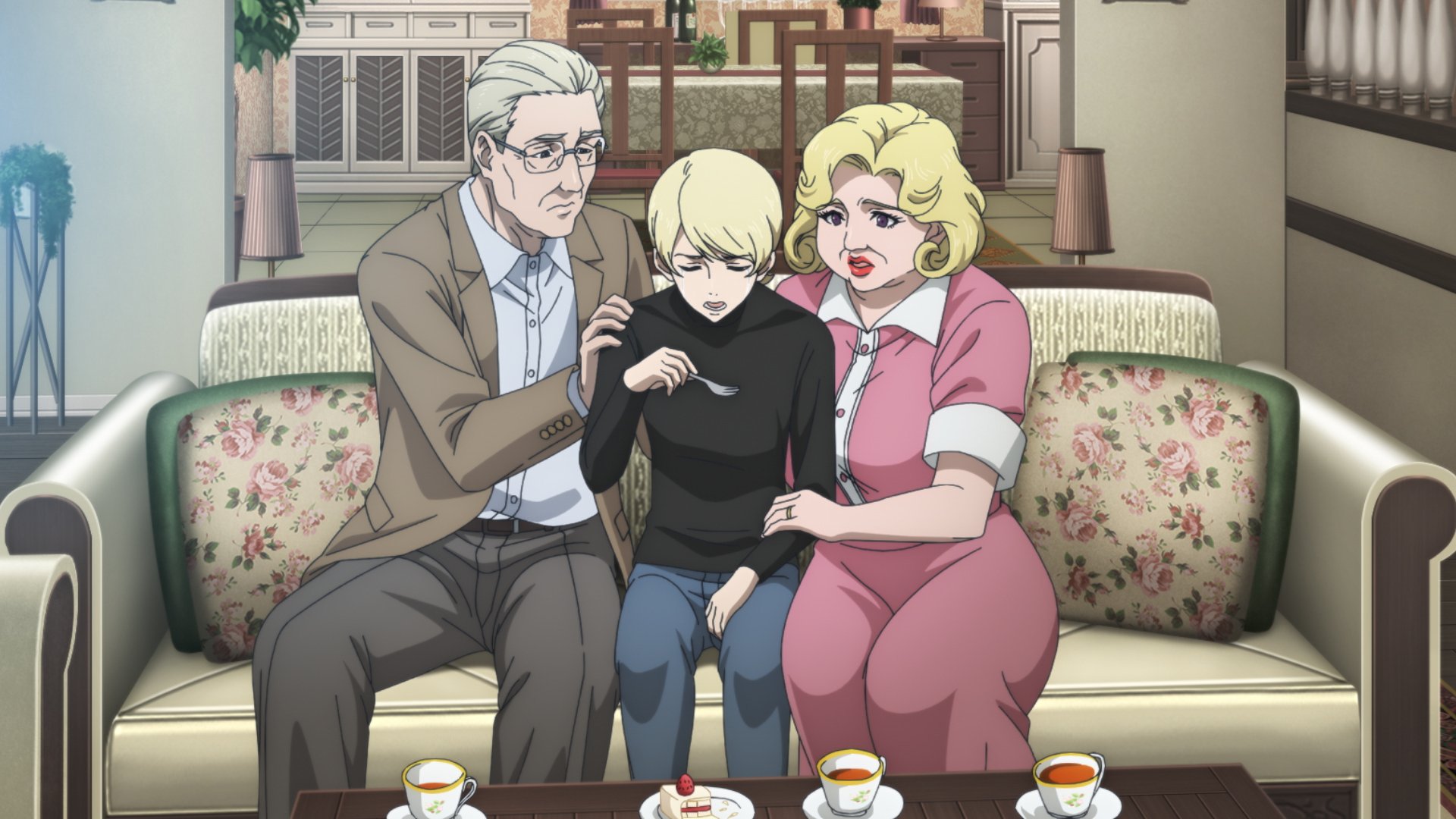
Later episodes slowly reveal the true mastermind pulling the strings: a manipulative and disturbed woman named Reiko Ichijo. She’s an imposing figure with a dark aura and the intimidating mother of Karen and Eiji Ichijo. Without revealing too much, we later learn that she’s the reason for initially separating Migi and Dali from their birth mother, and plays a central role in surveilling everyone in her community. She even keeps a hidden room with a diorama of Origon Village that has miniature figures of the residents.
However, the anime takes a sharp turn towards the end when we learn Migi and Dali have a long lost fraternal triplet brother named Eiji, who went to school with them in Origon Village and played an unintentional role in the death of Migi and Dali’s birth mother when he was younger. To add more plot twists, revealed that Karen isn’t Reiko’s real daughter and was part of her ploy to make an ideal family with her husband because of her inability to conceive.
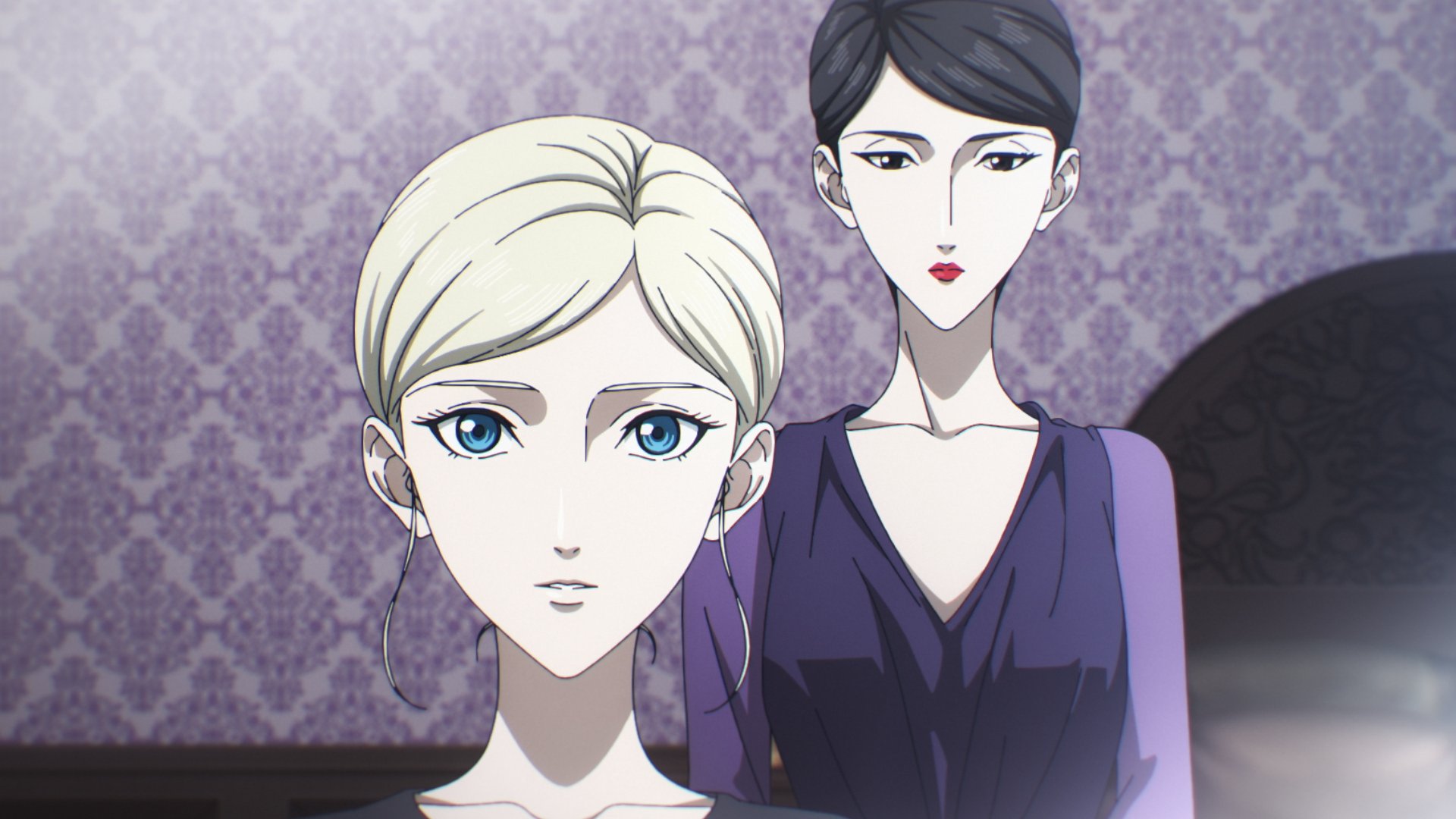
The tension pays off in a glorious climactic ending that pits family members against each other. Migi and Dali are then forced to confront their past misgivings with their long-lost brother and resolve the lingering issue of their mother’s death. In the end, they all resolve their issues and learn to move on, accepting what happened in the past and grieving together.
The anime’s penultimate episode ends on a bittersweet note, with Reiko’s house being burned down and Eiji being sent to juvenile prison. However, the final episode leaves the twins in a better place after some time passes, as they’re fully accepted into their adopted parents’ home and made lifelong friends. Migi and Dali no longer have to pretend to be identical twins with the same personalities. Migi begins nurturing his creative side, while Dali commits to his studies and prepares to leave for college.
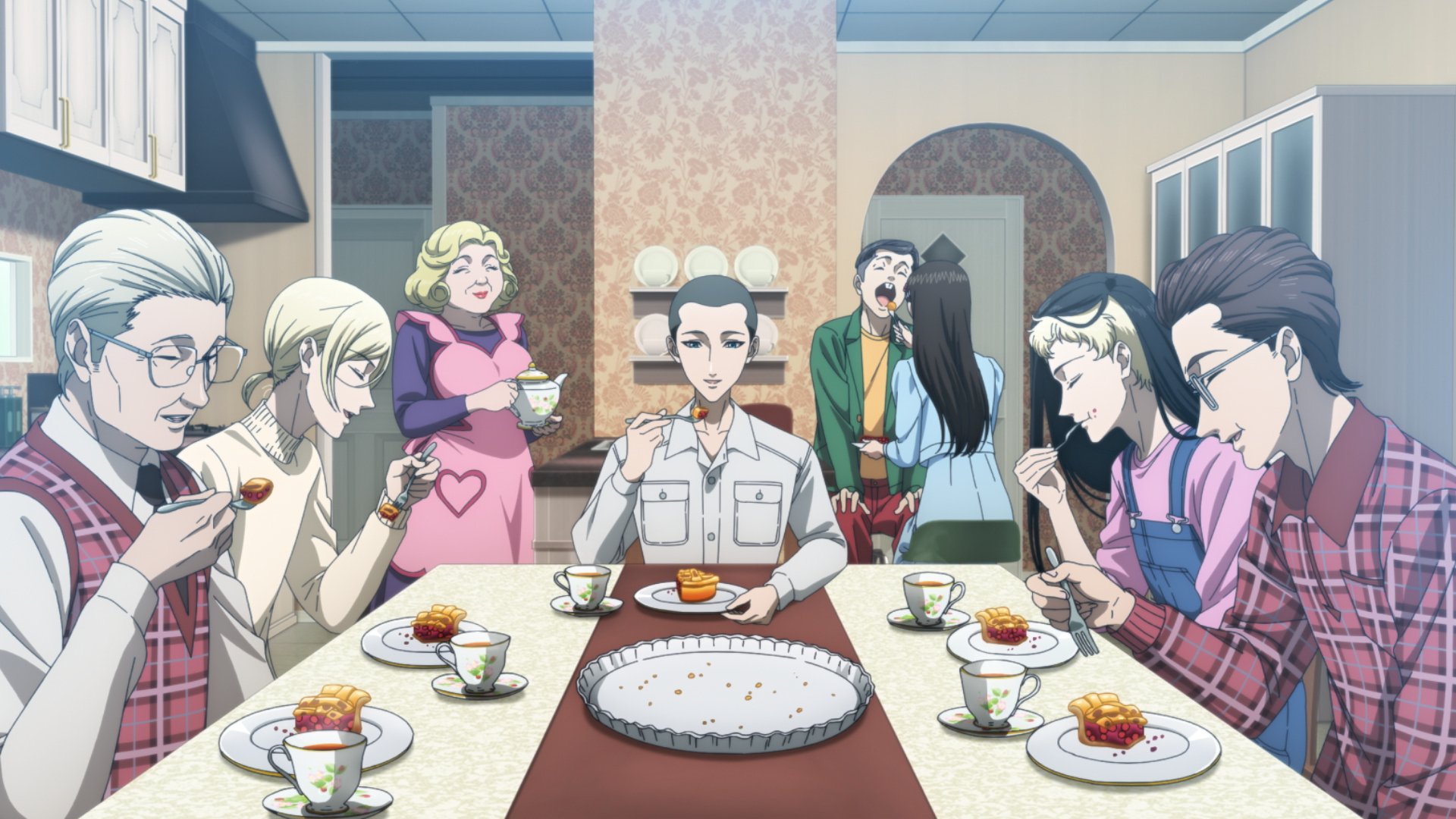
Overall, if you like a slow burning dark comedy thriller with some unsettling elements in-between, Migi & Dali is definitely a show worth getting invested in. The story may seem strange and off-kilter at first, and sometimes aloof with its humor. However, there’s also a unique story about family and making new connections in an unfamiliar city. By the end of the series, Migi and Dali are shown to have matured in their new home and embrace who they are as individuals.
